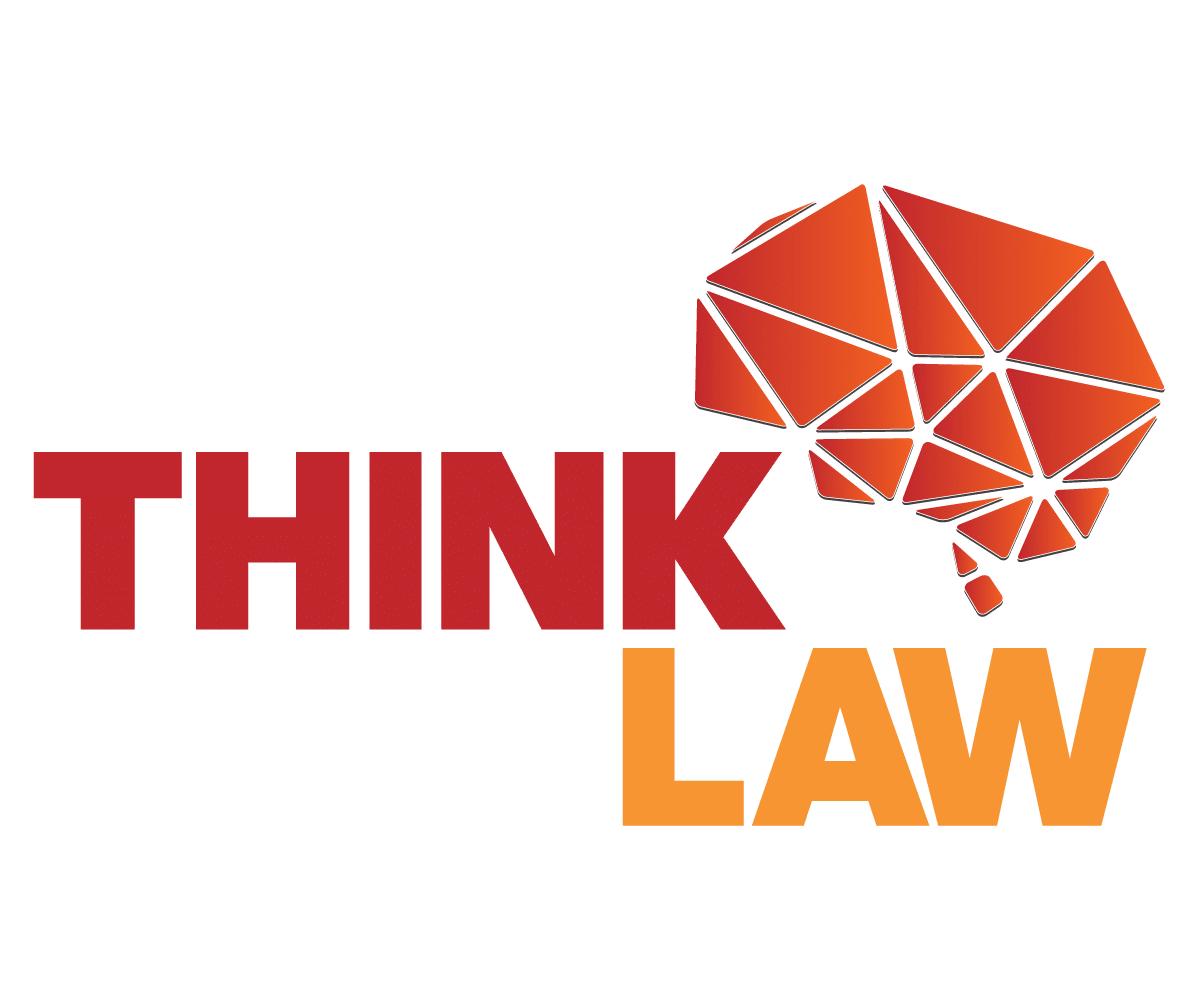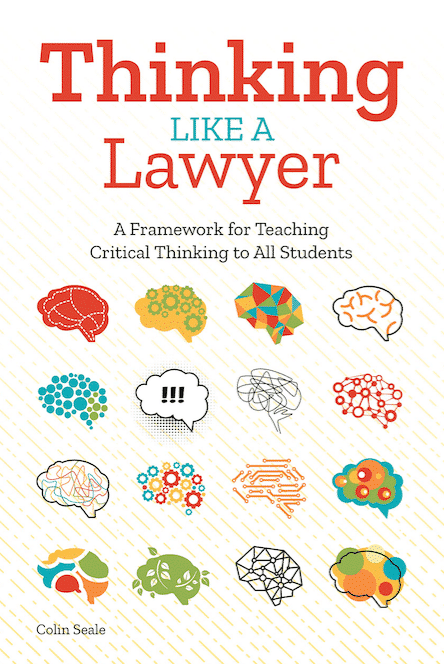Just because we know that we have to say goodbye to our legends at some point doesn’t make it any easier. So when we celebrate Aretha Franklin’s amazing life and contributions as the Queen of Soul and her role as a powerful voice, spirit, and supporter of The Civil Rights Movement, it makes sense that educators should figure out ways to teach their students about her life. But all I’m asking in return, honey, is that you give Ms. Franklin her propers! Don’t disrespect the Queen by printing out Wikipedia articles and having students memorize dates, places and people they can Google. Take care, TCB, by using this an opportunity to unleash our students’ critical thinking potential.
And I use the phrase “unleash our students’ critical thinking potential” intentionally to recognize that our kids already come to us with a tremendous amount of assets, but it’s up to educators (the educators in the school building and the family and community educators outside of the school building) to create as many opportunities as possible to close the critical thinking gap in education. Here are two ideas for turning Aretha’s legacy into powerful opportunities for deeper learning experiences.
1. Aretha v. Otis
Aretha’s most famous hit, “Respect” was actually a remake of Otis Redding’s song of the same name. His version is pretty much an Ode to Patriarchy where he’s basically saying I take care of you, I’m out here making this money, so I’m going to need you to respect me when I get home. The Queen wasn’t having any of that, so with some clever lyrical adjustments and amazing backup vocals (one of the producers reportedly fell out of his chair when the Franklin sisters starting singing the “sock it to me” part), she transformed “Respect” into an anthem for not only the proper treatment of women, but the basic dignity all people deserve as human beings. There’s so much you can do with this.
It’s easy to see how you can have students engaged in a rigorous English and Language Arts lesson where they listen to and analyze the written lyrics of both songs to argue how the different words and musical elements change the meaning of the song. But you can go even deeper, doing an in-depth character analysis of the main figures in both songs and have students research and consider the back stories of what might make a African American man in 1964 feel the need to tell his significant other, “All I’m asking is for a little respect when I get home” while also looking at the history behind an African American Woman’s plea for respect in 1967 it makes sense that an African Woman’s plea for respect sounds less like a favor and more like a line in the sand. R-E-S-P-E-C-T is how you spell it, so you better go ahead, look it up, and find out what it means to me!
2. The Case for Freeing Angela Davis
This Aretha quote makes me understand why Aretha is truly the Queen:
“My daddy says I don’t know what I’m doing. Well, I respect him, of course, but I’m going to stick to my beliefs. Angela Davis must go free. Black people must be free. . . Jail is hell to be in. I’m going to set her free if there is any justice in our courts, not because I believe in communism, but because she’s a Black woman and she wants freedom for Black people. I have the money; I got it from Black people—they’ve made me financially able to have it—and I want to use it in ways that will help our people.”
50 years later, we can easily say we would have definitely bailed out Angela Davis for charges that were obviously political and trumped-up. But 50 years ago, publicly saying you will pay up to $250,000 to bail out a communist, Black Revolutionary who was on the FBI’s Top 10 Most Wanted List could have been career suicide. How would you advise Aretha if you were her most trusted advisor? What evidence can you find in Aretha’s biographical history that could have predicted her willingness to commit to such a courageous, but risky act of support? She has a genuine belief that the Black community’s financial support of her obligated her to pay it forward to the Black community. Was she correct, and what does this mean for the responsibility of artists and entertainers today?
These are just a couple of ideas I just had to share because growing up with nothing but low-level biographical tasks, I used to feel so uninspired. But when we find meaningful opportunities to tap into our students’ inherent sense of justice and fairness and use that as a hook to get them making claims, backing them up with evidence, exploring multiple perspectives and weighting consequences of their decisions, we are promoting equity and giving them the R-E-S-P-E-C-T they deserve when it comes to 21st century readiness. Just a little bit.
To order a critical thinking assessment for your students or to learn how your school or organization can adopt thinkLaw’s standards-aligned program that helps educators teach critical thinking to all students, please click here to schedule a time to speak with someone on the thinkLaw team or call us now at (702) 318-7512. Join us on our next webinar: Thinking Like a Lawyer: Powerful Strategies to Teach Critical Thinking to All Students








Leave a Reply